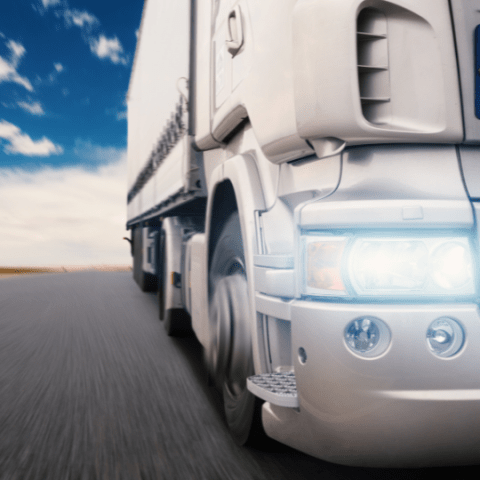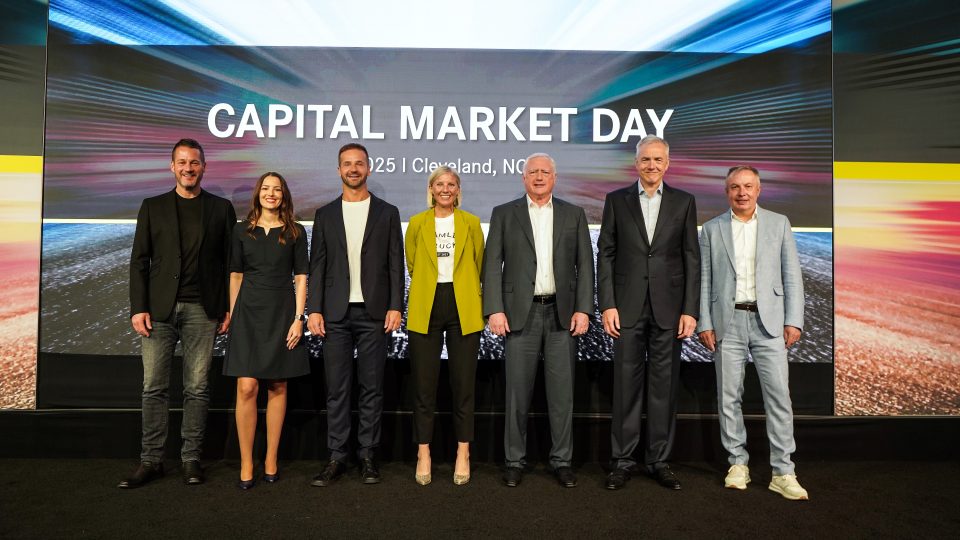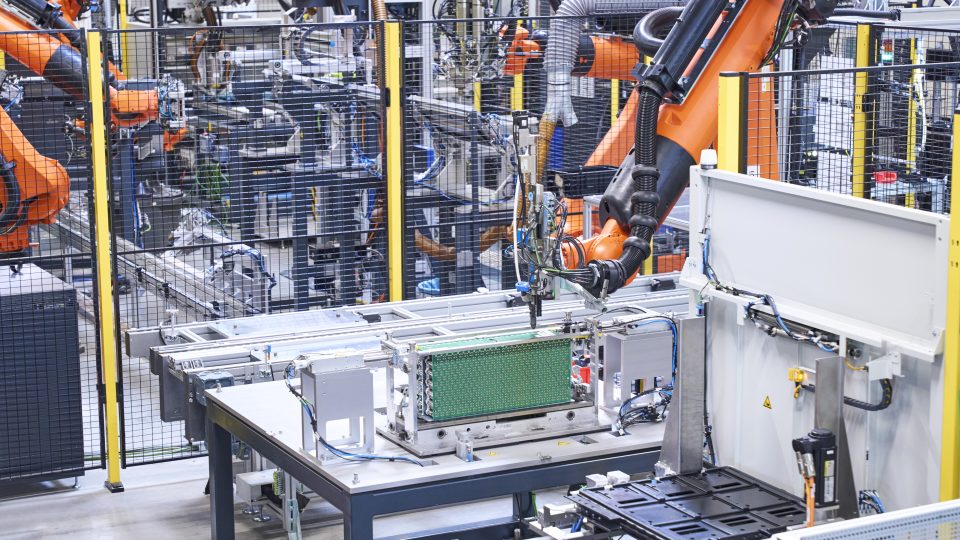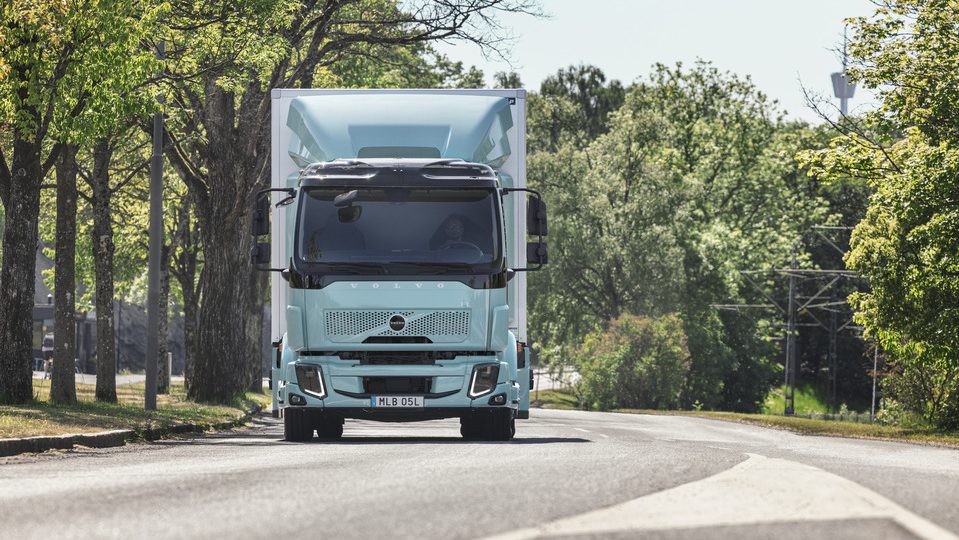CO2 emissions, the EU Council and Parliament announce agreement on the roadmap for heavy-duty vehicles
In line with the EU’s climate objectives for 2030 and beyond, the Council and Parliament maintained the targets set by the Commission in its proposal for 2030 (45%), 2035 (65%), and 2040 (90%), in addition to the 2025 reduction target of 15%. These targets will apply to heavy trucks over 7.5t and coaches. The first reactions from T&E and ACEA.

The EU Council and Parliament have found agreement on the CO2 emissions reduction roadmap for heavy-duty vehicles. The aim is to further reduce CO2 emissions in the road transport sector and to introduce new targets for 2030, 2035 and 2040. The proposal also aims to encourage an increasing share of zero-emission vehicles in the EU-wide heavy-duty vehicle fleet.
In line with the EU’s climate objectives for 2030 and beyond, the Council and Parliament maintained the targets set by the Commission in its proposal for 2030 (45%), 2035 (65%), and 2040 (90%), in addition to the 2025 reduction target of 15% which was already provided for in the current regulation. These targets will apply to heavy trucks over 7.5t and coaches.
CO2 emissions standards, the next steps
The co-legislators agreed to expand the scope of the regulation to make almost all new heavy-duty vehicles with certified CO2 emissions – including smaller trucks, urban buses, coaches and trailers – subject to emission reduction targets. The provisional agreement also extends the scope of the regulation to vocational vehicles such as garbage trucks or concrete mixers at a later stage (2035).
The provisional agreement will now be submitted to the member states’ representatives within the Council (Coreper) and to the Parliament’s environment committee for endorsement. If approved, the text will then need to be formally adopted by both institutions, following revision by lawyer-linguists, before it can be published in the EU’s Official Journal and enter into force.
T&E: “A very balanced deal and positive news”
“The EU is clearly telling truckmakers when almost all their vehicles will need to be zero emissions. European producers now have a clear trajectory to ramp up production of electric and hydrogen rigs and be ready for the challenge of Tesla and Chinese rivals”, stated Fedor Unterlohner, freight manager at T&E. T&E estimates the EU targets will result in around 30% of trucks sold in 2030, and at least three-quarters in 2040, being zero emissions – electric or hydrogen.
“No stakeholder got everything they wanted, but the truth is this is a very balanced deal and positive news. One of Europe’s biggest polluters has a path to go green. Long-term investment certainty has been given to manufacturers and the freight industry. Now let’s start implementing”, concluded Fedor Unterlohner.
ACEA: the framework is “extremely challenging in the absence of vital enabling conditions”
Truck and bus manufacturers fully support an ambitious decarbonisation agenda. However, the agreed implementation timeline remains extremely challenging in the absence of vital enabling conditions, stated the European Automobile Manufacturers’ Association (ACEA).
“Electric charging and hydrogen refilling infrastructure, comprehensive carbon pricing schemes, and meaningful support measures for transport operators to invest quickly: these are the key ingredients for rapidly decarbonising the heavy-duty transport sector, in addition to zero-emission vehicles,” emphasised Sigrid de Vries, ACEA Director General.
“We cannot continue boldly setting ambitious targets for vehicle manufacturers and expect swift and smooth implementation to follow. Without an enabling framework to shore up demand for the zero-emission models, achieving targets will be impossible, especially with the envisaged timeline”.















